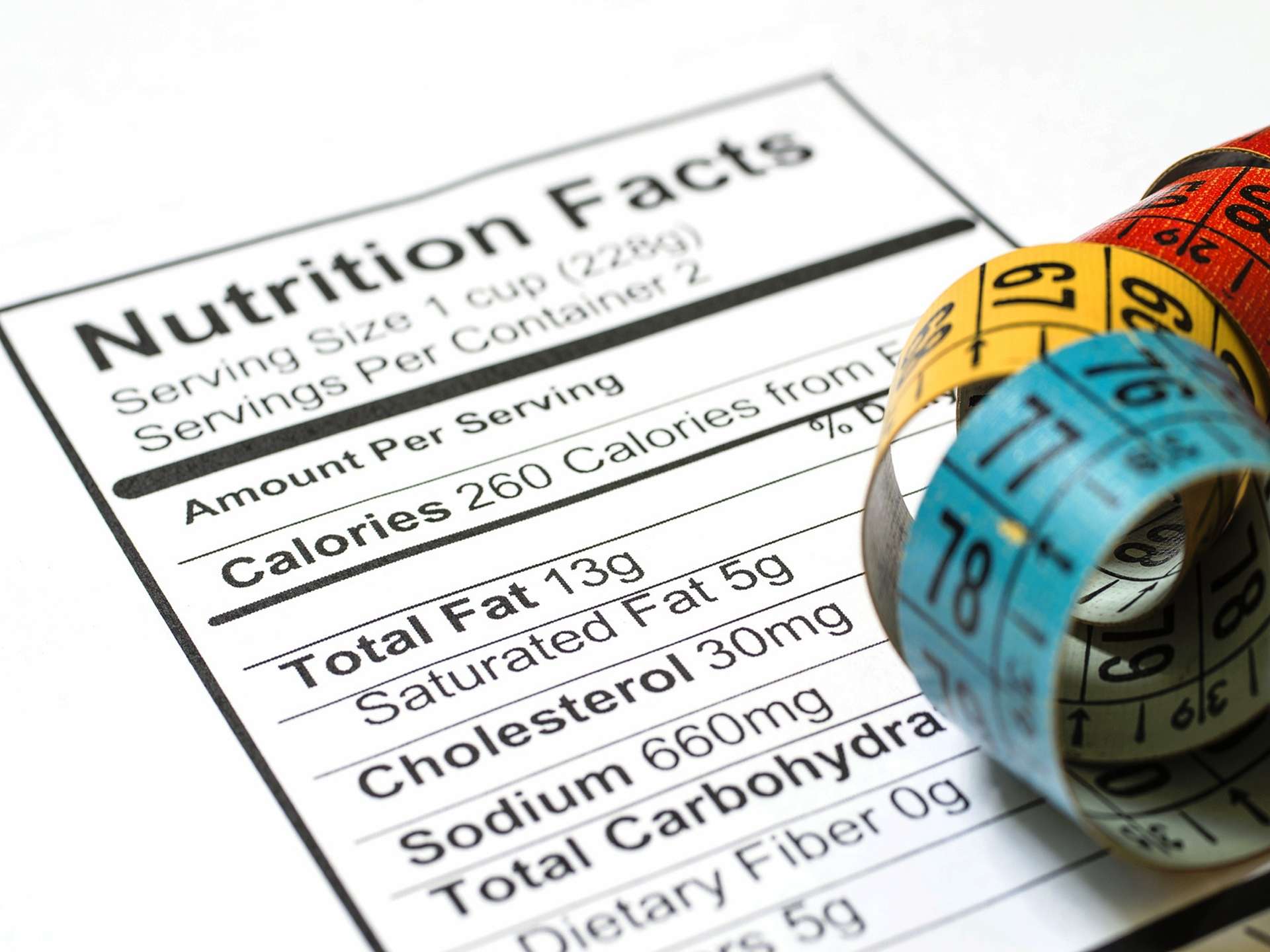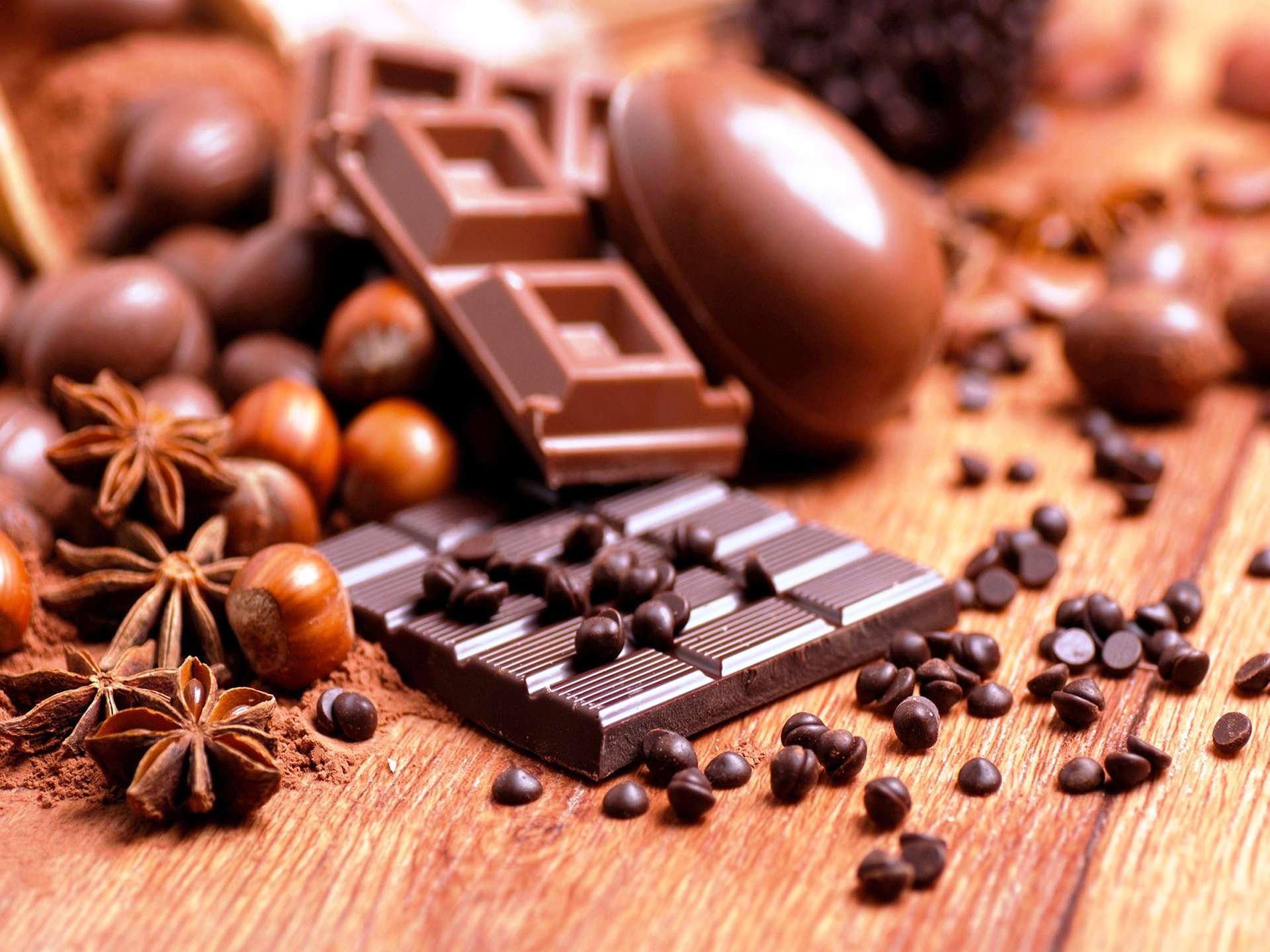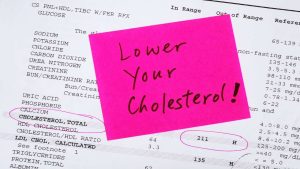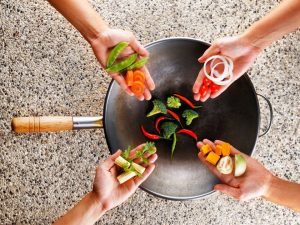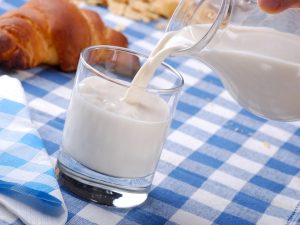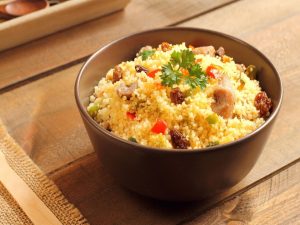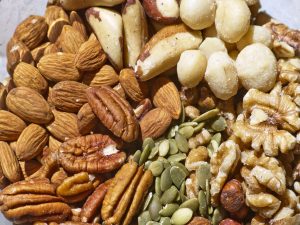Today, when we visit a supermarket, we don’t just randomly pick the foodstuffs we need. We check a zillion things before the item finally goes into the basket. Is the foods ‘fat-free’? Is it low in cholesterol?
It is fried or baked? And so many such questions we ask ourselves.
How well do we know the answers? What is ‘fat’? What is cholesterol? Is it that bad? What exactly are calories?
Here is a complete low-down on all you wanted to know about fats and cholesterol.
Fats: Fats are the greasy buttery substances that are required by the body for its smooth and efficient functioning. Fats give the body the required calories and help the body to absorb vitamins A, D, E and K.
Fats are saturated or unsaturated.
The unsaturated fats, also called as mono-unsaturated and poly-unsaturated fats, are the healthier ones. It is recommended that you include 30 to 45 ml, about 3 tablespoons of unsaturated fats in your diet daily.
Monounsaturated fats are found in olive oil, peanut oil and several nuts. These fats help the heart by unclogging the arteries.
Polyunsaturated fats also help in flushing out the harmful cholesterol from the arteries of the heart. These oils are found in fish and nuts.
Thus, unsaturated fats are good fats that are helpful for the body.
Saturated fats are found in dairy products, meat, ghee, butter, margarine, vegetable oils. Saturated Fats help in increasing the load of bad cholesterol that causes blockage in the heart’s arteries.
Transfats are another type of fats that are found in processed food, especially the junk variety, they also aid greatly in adding to the levels of the bad cholesterol in your body.
Fats are heavy. Eating them adds a lot to your calories. So it is important to keep the consumption of fats, including the healthy ones, to a minimum. An ideal diet should be such that the body gets 20 to 35% of its daily calorie requirement from fats.
The body manufactures its own cholesterol with the help of the liver. Dietary fats and cholesterol is needed in the bare minimum by our body.
Cholesterol: This is the waxy substance made by the liver. The body requires it for a variety of functions. Cholesterol is also made available to the body from the food that we eat. Cholesterol, too, is of the good and bad variety.
About 80% of the body’s requirement of cholesterol comes from the liver. The remaining 20% is what goes in through what we eat.
The dietary cholesterol is obtained by consuming saturated and transfats. Ghee, meats, paneer, butter, vegetable oils and junk food like pizzas, burgers, fries are all rich sources of dietary cholesterol.
The body doesn’t need so much of cholesterol when it has its own adequate supply. So all the excess cholesterol from these fats is sent to the blood through which they travel to the arteries of the heart and block them.
Cholesterol is also of the good and bad variety. HDL is the good cholesterol that helps in lowering the risk of heart disease. This cholesterol is obtained from the good fats i.e. the unsaturated fats.
Bad cholesterol or LDL is the exact opposite of HDL. It highly increases your chances for a heart attack. Saturated fats and transfats are rich in LDL.
300mg of dietary fat daily with less than 7% coming from saturated fats is recommended for healthy individuals. For diabetics and people with heart diseases, 200mg of dietary fats with less than 7% coming from saturated fats is the recommendation.
Calories: A calorie is a unit of energy. In terms of diet and nutrition, it refers to the amount of energy consumed and made available to the body by the foods we eat and drinks we drink.
Calories are of two types:
- A small calorie [cal] is the energy that is required to raise the temperature on 1mL of water by 1 degree.
- A large calorie [Kcal] is the amount of energy required to raise the temperature of 1L of water by 1 degree.
Calories in simple terms can also be thought of energy. Calories are the energy that our body requires for each and every function it performs. This energy is obtained from the food we eat.
Every food item we eat gives us different amounts of calories.
E.g. – 1 gram of carbohydrate or protein has 4 calories to offer, while 1 gram of fat will give 9 calories.
All people do not require the same amount of calories each day. Depending on age, sex, height, weight, nature of work our requirement of calories will vary.
Empty Calories: These are the ones that have very little or no nutritional values. These come from food containing added sugars like artificial sweeteners, packaged juices, etc.
Knowing what foods to avoid is essential for good health. At the same time, one should be aware of why a particular foodstuff is to be avoided, instead of blindly following health trends!
Having the right information about the foods we eat will help us keep a better track on our health.
